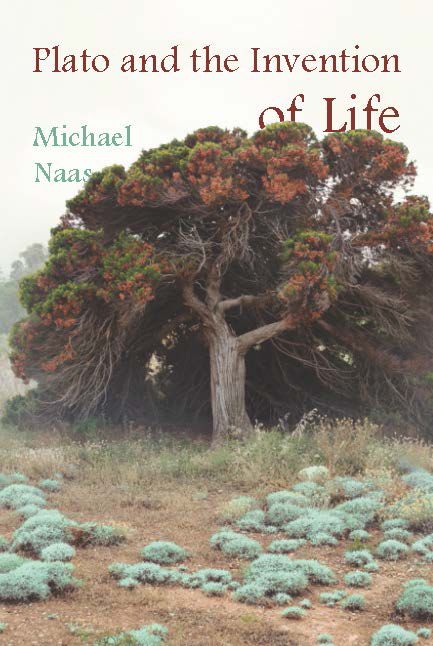Plato and the Invention of Life

This book can be opened with

The question of life, Michael Naas argues, though rarely foregrounded by Plato, runs through and structures his thought. By characterizing being in terms of life, Plato in many of his later dialogues, including the Statesman, begins to discover—or, better, to invent—a notion of true or real life that would be opposed to all merely biological or animal life, a form of life that would be more valuable than everything we call life and every life that can actually be lived.
This emphasis on life in the Platonic dialogues illuminates the structural relationship between many of Plato’s most time-honored distinctions, such as being and becoming, soul and body. At the same time, it helps to explain the enormous power and authority that Plato’s thought has exercised, for good or ill, over our entire philosophical and religious tradition.
Lucid yet sophisticated, Naas’s account offers a fundamental rereading of what the concept of life entails, one that inflects a range of contemporary conversations, from biopolitics, to the new materialisms, to the place of the human within the living world.
Michael Naas's remarkable account of Plato traces the contemporary line between bios and zōē, which has been an abiding feature of recent discussions of biopolitics, to reveal the original Platonic invention of the division between 'Life itself' and all other forms of living, including eternal life. Perhaps another way of saying this, according to Naas, is that already in Plato there is Platonism, the opposite of Platonism, and the deconstruction of every future Platonism.—Gregg Lambert, Syracuse University
This book offers a novel, timely, and provocative reading of the pervasive theme of life in Plato and its significance for the history of Western thought. Naas highlights the dialogue that Michel Foucault, Jacques Derrida, Giorgio Agamben, and others have carried on with Plato—offering his own supplements and corrections along the way. The result is a compelling and thought-provoking reading of Plato’s contribution to what is perhaps the most vital and volatile concept in contemporary theoretical discourse.—Sara Brill, Fairfield University
This book is essential reading for anyone interested in the Statesman, and it is filled with original insights about its importance in the corpus, its connections to other dialogues, and its centrality to a range of Platonic themes not normally associated with it.
The significance of the gigantomachia, the battle between Titans and Olympians, for the history of philosophy and contemporary theory is illuminated with exceptional learning and insight in Naas's analysis of Plato's struggle to articulate the relation of the being of the world to the existence of the living.
Introduction: Philosophy’s Gigantomachia over Life and Being
1. The Lifelines of the Statesman
2. Life and Spontaneity
3. The Shepherd and the Weaver: A Foucauldian Fable
4. The Measure of Life and Logos
5. Fruits of the Poisonous Tree: Plato and Alcidamas on the Evils of Writing
6. The Life of Law and the Law of Life
7. Plato and the Invention of Life Itself
Conclusion: Life on the Line
Acknowledgments
Notes
Index

